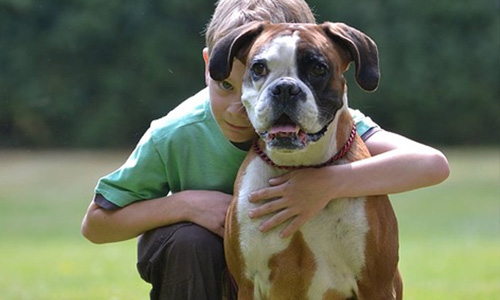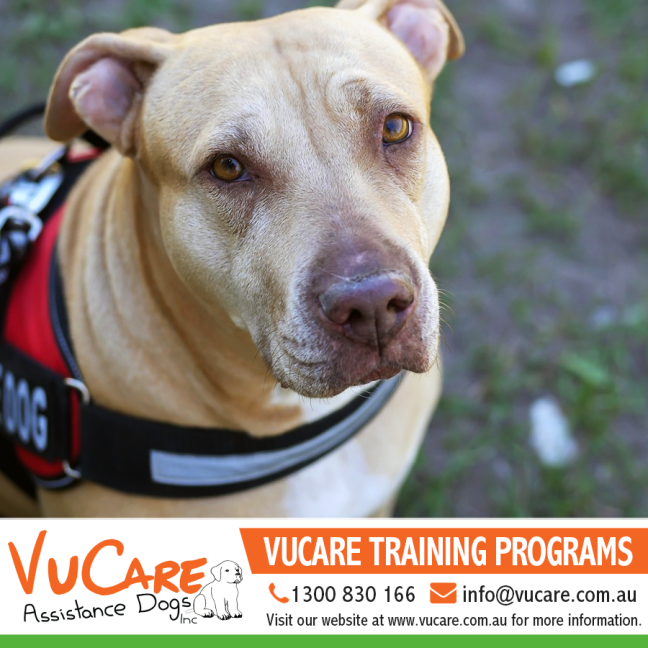
Have you ever wondered assistance dogs move from lively pups to sensible and loyal companions?
What is an Assistance Dog?
Assistance Dog is a working dog that’s been highly trained to direct someone with impaired vision safely from one place to another.
Why is Assistance Dog significant?
Assistance Dog enables people with vision impairment to avoid independently and safely and to participate fully in their communities.
How many people have an Assistance Dog in Australia?
There are more than 800 working guide dogs in Australia.
How much does it cost to train an Assistance Dog?
The process of turning a lively puppy into a responsible, working dogs is quite incredible, taking nearly two decades and costing over $30,000– equal to the price of a vehicle. Guide dogs are supplied free of charge to individuals with impaired vision.

How is an Assistance Dog trained?
From eight months to 14 weeks, these special puppies live with volunteer puppy raisers, whose obligation it is to supply a loving home and basic obedience.
At 14 months, pups go back to the VuCare Assistance Dogs Centre in which they’re evaluated on health and temperament. Puppies that are chosen to become assistant dogs then experience five weeks of intensive training, learning the skills they will need to safely guide a vision impaired handler.
Coaching includes: how to ignore distractions like food and noises; browse obstacles; traveling on public transportation, and discover landmarks like bus stops and cross streets safely.
Some jobs, such as stopping at all curbs and staircases, are taught through repetition. Other jobs require intensive training, like negotiating a busy train platform to discover the train doors. As training progresses, guide dogs learn to travel through crowded and confusing places, such as shopping centers and busy city streets.
What breeds of dogs make great an Assistance Dog?
Aspiring dogs are carefully chosen based on their assurance, responsiveness, and wellness. In Australia, Assistance Dogs is usually purebred Labradors and Golden Retrievers, since they’re calm, loyal and smart breeds with an established track record as assistant dogs.
Do all of the puppies become Assistance Dogs?
For a variety of reasons, from wellness to nature, not all dogs are appropriate to become Assistance Dogs — some are better suited to companion function, but some make good family pets. The criteria for selection are very stringent since the personal safety of prospective handlers is paramount.

Assistance Dogs facts and fibs
“Assistance Dogs is a bit like a car. We use a car to get around independently but the car does not make decisions about where to proceed. Assistance Dogs enables a person who’s blind or vision impaired to be independently mobile but it’s one better than a car as it stops and alerts its own handler to any threat or obstacles in their path,” says Dr. White.
“With growing numbers of Assistance Dogs working on our roads because of climbing vision loss, we think it is vital that the public fully understands the important role of Assistance Dogs in the area,” he adds.

About VuCare Assistance Dogs
VuCare runs as a not for profit organization that provides support with medical aids and has a target to train Assistance Dogs and Company Dogs to enhance the quality of life and raises the degree of freedom for those who have handicaps. VuCare Assistance Dogs and Company Dogs offer their new owners greater autonomy increased freedom, enhanced trust, and higher self-esteem.
To find out more phone us on 1300 830 166 or e-mail us at info@vucare.com.au. See VuCare Assistance Dogs Australia website at http://vucare.com.au.
















